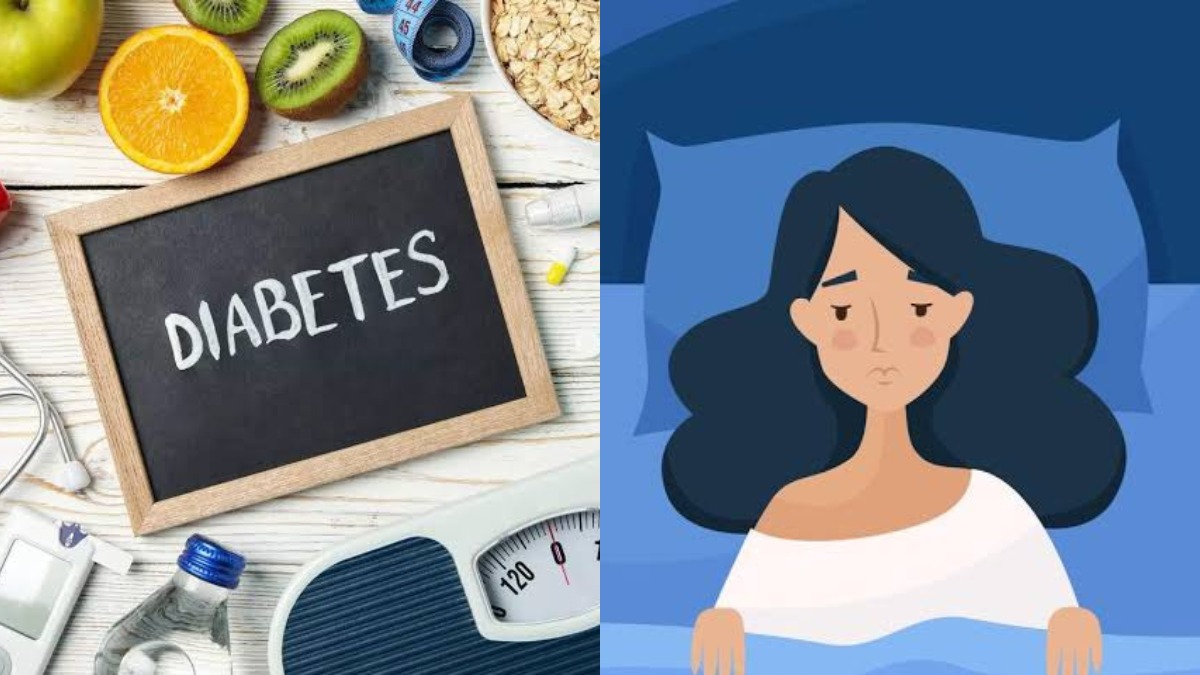When you don’t get enough sleep, you suffer from sleep deprivation. Sleep deprivation can increase the risk of diabetes. It happens in the following way, so you can avoid it by doing the following.
Is there a link between sleep deprivation and increased diabetes risk?
Sleep deprivation has always been linked to poor concentration, mood swings, and a variety of health issues. However, a recent study published in PubMed Central claims that not getting enough sleep can increase your risk of diabetes. According to the study, there is enough evidence to suggest that inadequate sleep duration and/or sleep restriction in the laboratory, poor sleep quality, and sleep disorders such as insomnia and sleep apnea have all been linked to an increased risk of diabetes.
Sleeping for 6 hours or less is not recommended for your body’s healthy functioning. According to experts, sleep issues are common among diabetics.
Sleep deprivation can cause metabolic changes in the body, raising glucose levels and increasing your risk of diabetes. The expert explains that if you do not get enough sleep, your sugar levels will rise even further, making sleep even more important. the expert says.
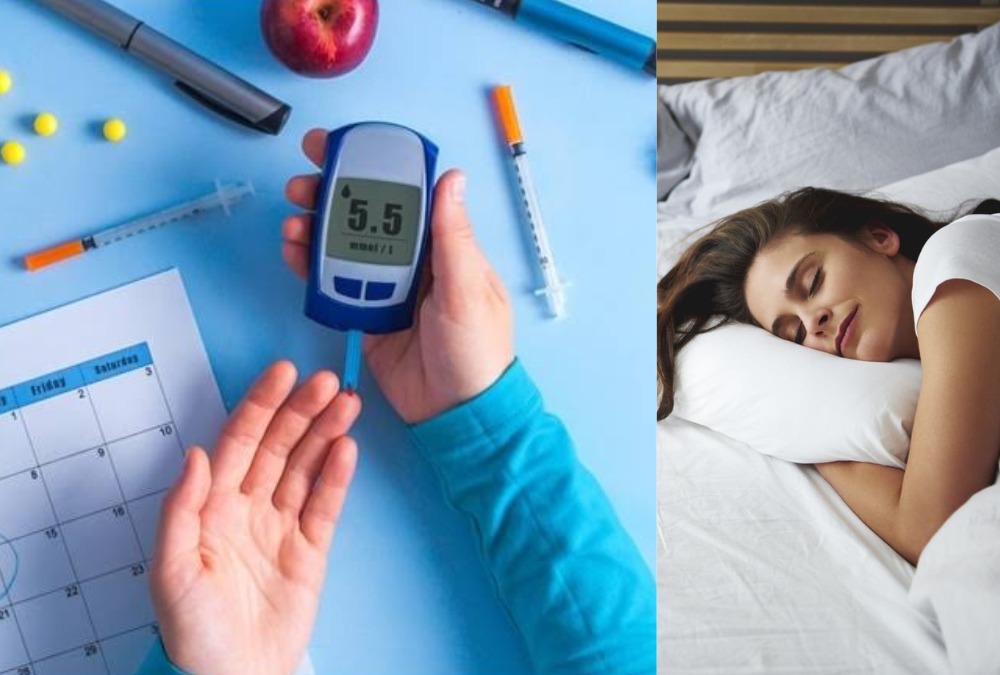
There is no medication that will help unless you work on your sleep. This has an additional impact on your glucose levels and increases your chances of developing diabetes.
Here are some tips to help you sleep better and lower your risk of diabetes:
Establish a regular sleeping schedule
You must make good sleep habits. You must establish a bedtime and an awakening time. Even if you don’t sleep, you must go to bed by that time and set a wake-up time, whether you want to sleep more or not.
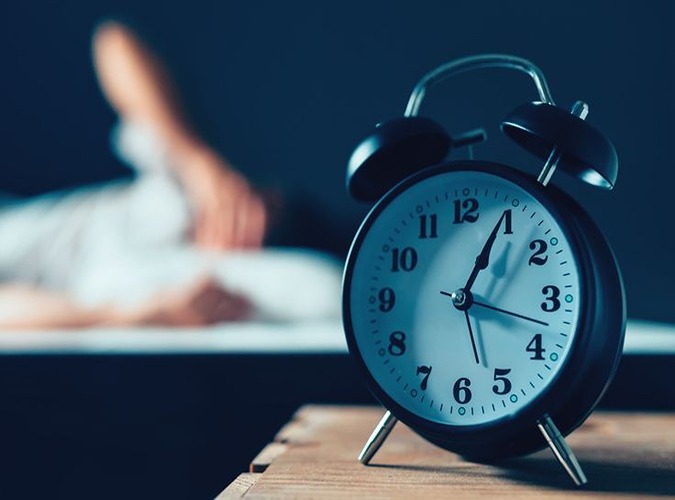
Create a relaxing sleeping environment
If you want to sleep well, you should be as comfortable as possible. This can be accomplished by selecting comfortable bedding and pillows, maintaining a moderate room temperature, and lighting a small candle, incense, or tea light in the room.

Tea and coffee consumption should be reduced
Reducing your caffeine intake during the day and before going to bed, whether through coffee or tea, can help you sleep better.

Limit your screen time
Excessive use of technology and digital time is also causing significant disruptions in sleep patterns. We understand that it is impossible to go on a digital detox in this day and age, but we can reduce the impact by substituting some real-time activities.
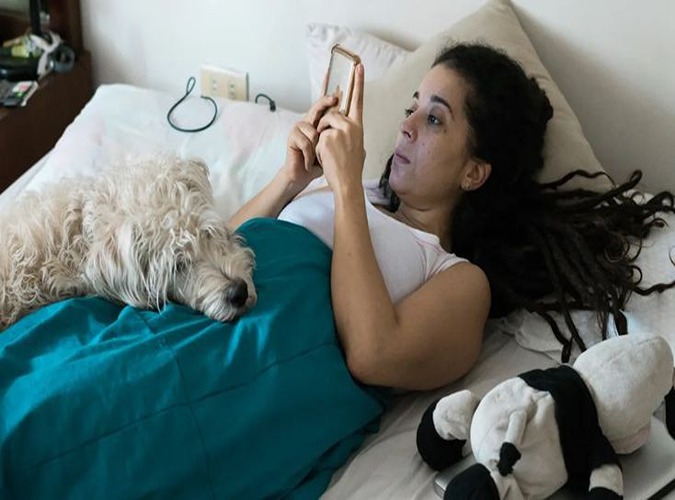
Reduce stress
Personal or professional stress can be a key cause of sleeplessness.
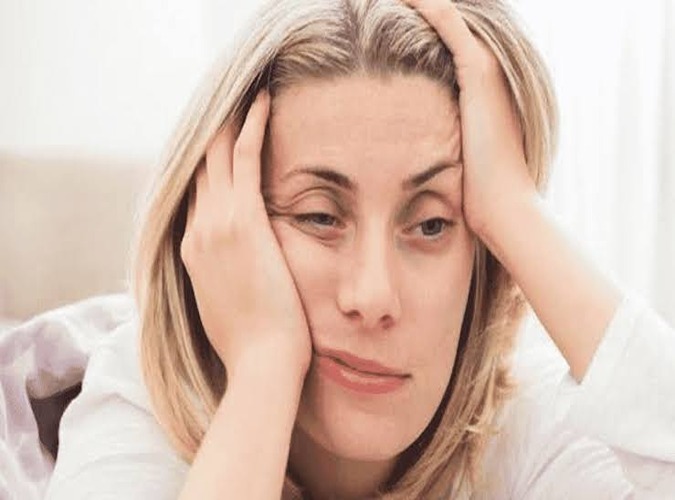
“When you consult with a mental health professional, you can learn how to declutter your mind, how to make it stress-free before sleep, or that, you know your mind is supposed to switch off itself from all the tensions and worries of life, and just sleep,” expert says.

